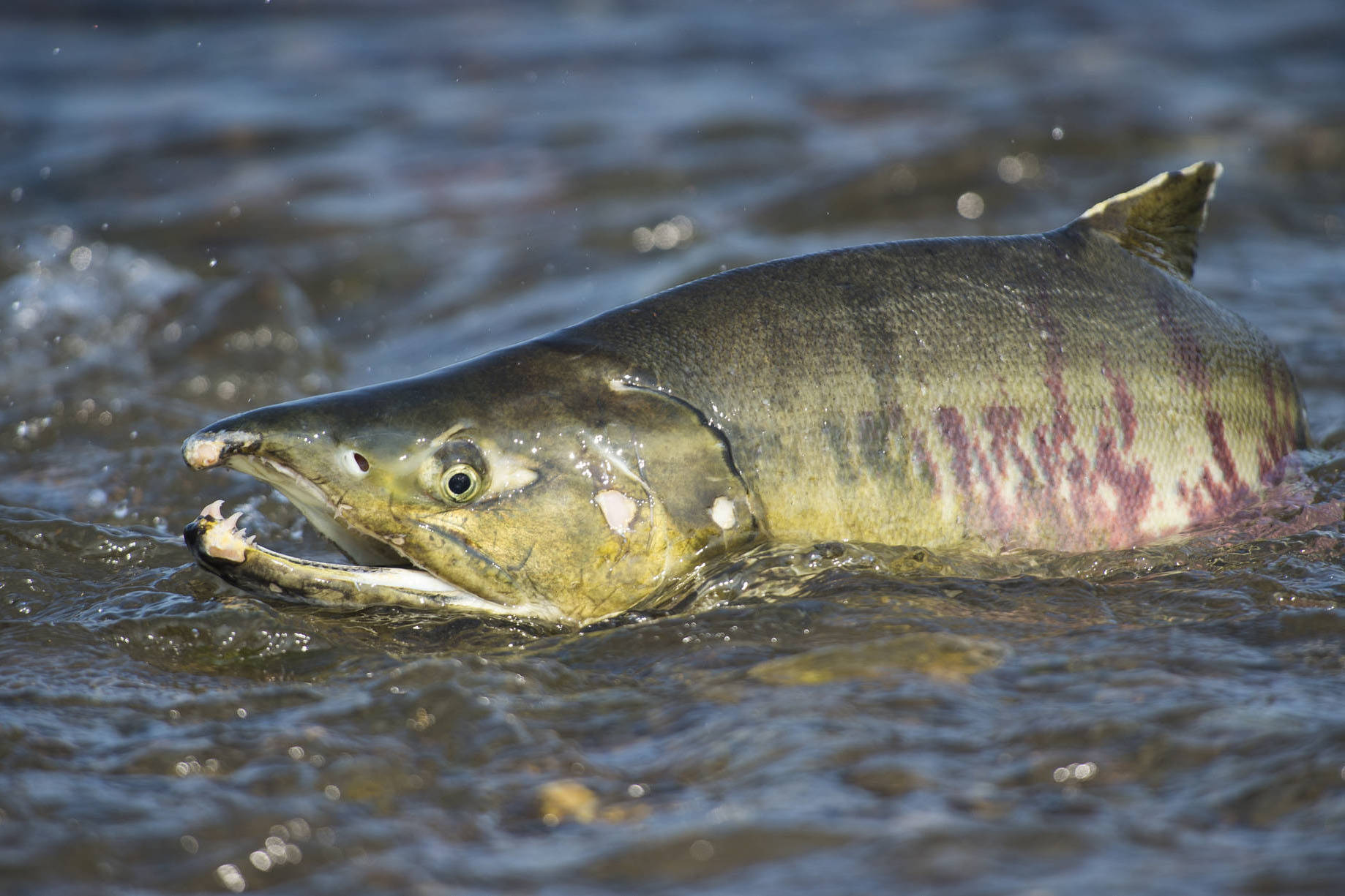We Alaskans are fish people, plain and simple. We revere them, catch them, can them, pickle them, view them in their natural state, consume them, sell them, share them and revel in knowing that they prosper among us. Salmon bring nutrients to us from our oceans and breathe life into our wildlife, wetlands and forests. Fish are a part of who we are whether they are salmon, trout, pike or blackfish. They are the bellwether of our health as a people.
Salmon were decimated, and in many cases extirpated, almost entirely from western Europe and North America’s East Coast. Only remnants of wild stocks remain in very limited areas. Americans moved westward in the 1800s and began to log, build dams, clear land and grow crops. Salmon lost that battle as well. Wild stocks were lost forever, and hatcheries largely failed to the tune of billions of dollars. Now we are beginning to remove dams in California, Oregon and Washington while attempts at fish and habitat restoration continue to cost the tax payers billions.
Alaska is the last bastion for Pacific salmon. It is time to give them the protection they need. The win/win is that this can be done in conjunction with healthy development of our other renewable and non-renewable resources.
As a former habitat and fisheries biologist and consultant on the gas pipeline in the 1970s, I shudder in disbelief at all the misleading information, scare tactics and negative ads regarding Ballot Measure 1. They talk about how extensive and comprehensive our current habitat laws are, betting on the presumption that you will believe them and never look for yourself. Title 16 is four short nebulous paragraphs. Who of you reading this piece have even read the portions of Title 16 that protect our fisheries? I believe very few people know what the current Alaska statute says and how it protects our anadromous and non-anadromous fishes … and even fewer have read Ballot Measure 1 in full and understand how it is different and better for Alaska’s salmon and the people who depend on them.
Instead, many choose to watch and be misled by expensive and erroneous ads, paid for by big business purporting that the proposition is unwise and will stop every development project in the state. How ridiculous and foolish is that. They quote government officials and leaders who claim that Ballot Measure 1 would stall and/or eliminate all transportation and economic development projects statewide.
Let’s get real, folks. The bottom line here is money. No one wants to be forced to get a permit or ask for permission from government to do anything, and none of the large developers want to spend a single dime beyond what is required. Big business likes the current Title 16 fisheries habitat laws we now have because they know they require the minimum effort and money to abide by law and mitigate their development activities. The people telling you this are mostly folks who care little about the resource and only about their profits and shareholders. Permitting is part of the cost of doing business in resource development. All these organizations have biologists on staff or consultants who take care of permitting and mitigating sensitive biological issues that arise during development. Throughout my entire 60 years as a biologist, fishing guide, and former Board of Fisheries member, there is one thing I have heard over and over from every user group: “Let the biologists do their job. Take the politics out of research, management, allocation, and protection.”
Ballot Measure 1 is a clear, honest chance to do just that. Our current Title 16 salmon protection is outdated, lacks specific criteria for fish protection, and worse yet, the go or no-go decision balances perilously on the fulcrum of the current political climate. Decisions about fish and their habitat can vary depending solely upon who sits in power. This is the people’s chance not only to protect fish and their habitat, but also to decide as Alaskans what we want responsible development in Alaska to look like.
I’m hoping that everyone will educate themselves on this issue, and not sell out the one renewable resource that defines us as a people and a state. Please join me on Nov. 6 and stand for salmon.
• Michael Chihuly is a 60-year resident of Alaska and an avid outdoorsman who resides in Ninilchik. My Turns and Letters to the Editor represent the view of the author, not the view of the Juneau Empire.

